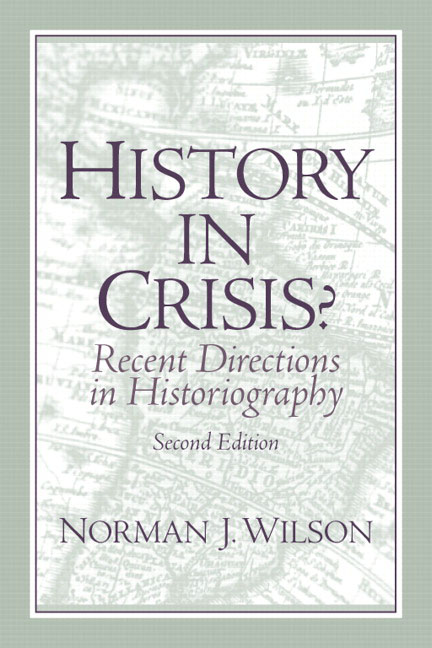
There are only a few voices in history, and they are the rich ones.
As a comparative literature major in college, I am most intrigued by the concept of history as works of literary fiction. I specialized in Latin American literature, and found that throughout various important literary time periods, colonial history-a history of occidental subjugation and exploitation-is deeply embedded in literary works (both colonial and postcolonial/postmodern). As a result, Latin American fiction is anything but. It’s a politically charged, militant vehicle to say what, in the real world, cannot be said. Meanwhile, history books written by conquerors sing their one-sided tune, painting a picture on the surface of things while destroying native culture and truth on the side. This is not history. This is historiography-the crafting of stories.
So what does this mean for India? There is a point. India is another country that not so long ago was under imperialist rule. After gaining its independence in 1952, the fledgling democracy suffered a lot of civil strife and poverty. Freedom has its costs, whether the emancipated party is Black slaves in America, Latin American countries under USSR/US occupation, or Indians ruled by the British. In Bharat’s case, Muslim-Hindu tension heightened, Pakistan was born, and population-and its partner in crime, poverty-exploded. Public health, as usual, suffered dearly.
Muslim-Hindu tensions are still high. The most ornate Hindu temples in Delhi (such as Akshardham) are high on the supposed Islamic terrorist list (according to Sej, my Hindu culture informant). It’s still considered controversial for Hindus and Muslims to marry-better a Hindu marry a Christian or a Sikh than a Muslim! I feel the tension myself when Hindus talk about the introduction of Islam to India-it is always portrayed as a shameless invasion by Moghuls who forcefully converted their subjects to the austere religion.
However, I just read an article in the Times of India that argues that the Moghul invasion theory is a myth, not a fact. The scholastically accepted version of history is now that Arab traders brought Islam into the country-not by force, but peacefully.
So, my faithful readers (hi Mom, Dad, Neener and Grandma) that I’m Muslim. But I’m not trying to defend my religion at all-it makes no difference to my identity or my faith how Islam came to influence my mother country. I AM, however, interested in this bit of history from a public health perspective. It’s not just Muslim-Hindu conflict that affects Indian public health, but tribalism and religious/ethnic clashes in general. Sometimes, individual pride, mistrust, and hatred of the Other run so deep that castes and tribes don’t even stop to think that their inability to unite under common causes (education, health, electricity, sanitation, city planning) results in much more damage to their communities than anything else.
Of course, from a social-ecological perspective, these individualists are not to blame; it’s not their fault. There are always deeply embedded root causes that explain surface tension. India’s immature democracy has the gargantuan task now of building political parties capable of appealing to hundreds of scheduled tribes (as well as the growing, modern middle class). I think the answer lies in human development-not just empty campaign promises during election months, but real follow through in areas of public health. That’s a cause no ethnic group should reject, if communication is effectively executed by the public sector (if only…).

1 comment:
Hi Farah,
Very interesting way to put public health in a much broader historical context, I especially appreciate your emphasis on the westernized and European bias that has dominated historiography for thousands of years.
We humans are incredibly shortsighted at times and if we could only learn to put our religious/political conflicts and other divisive issues aside for a moment, we could achieve so much more in development, poverty eradication, and peace.
Hope you enjoy the rest of your travels in India.
Post a Comment